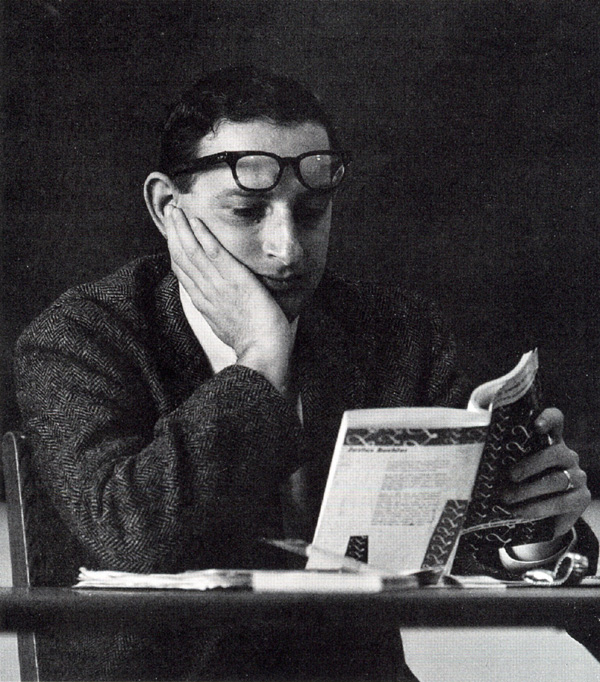For Lester Reiss by former student John Symons,
One thing about Reiss that struck many of his students was his attitude
towards writing. From the first day of my first class, Intro to Ancient
Philosophy I remember his instructions: “don’t worry about what
I write on the board, it’s for me, in fact, don’t take notes,
just listen.”
Sometimes we thought that Reiss was looking
for a new way of writing. Perhaps movies, music or something else might
capture what he wanted to convey. We were missing the point. It has always
been easier for me to know what he appreciated than what he would have committed
to paper. This philosophical sensibility continues to serve as a standard
for his students. He helped us to develop an appreciation for deep and beautiful
ideas, for the simplicity of metaphysics, for the clarity of logic, for
the richness of the history of ideas, for the tragic core of moral philosophy.
Reiss showed us how to appreciate the right things. He loved his work and
would deny that we owe him anything.
He taught with a giddy passion for philosophy that infected many of us.
For Reiss, the blackboard was an extension of the mind, like a Seiji Ozawa
of metaphysics, one arm drawing a furious scrawl in the blackness: “Parmenidean
Being Thinking Nous Identity Non-Being Conditions Categories Logos Language
Ratio Logic Rationality Ancient Modern One Many Object Subject”
Words and lines connecting words stood on
the board, striking for a moment in their clarity then erased, blurred into
a gray swirl. A swish of the eraser sweeping the gray swirl to be marked
again, less distinctly this time, layered with the complication that arises
when we test even the simplest metaphysical concept. All the while his manic
blackboard performance was framed by the calm and steady timbre of that
voice.
In the last week of his life I mentioned in an email that I’d be riding
my bike to the American Philosophical Association meeting in Boston. His
simple reply: “Don’t fall off.” This was classic Reiss
and it was the last email I received from ljrei@conncoll.edu. His words
are still crisp, sharp and steady. - John Symons
